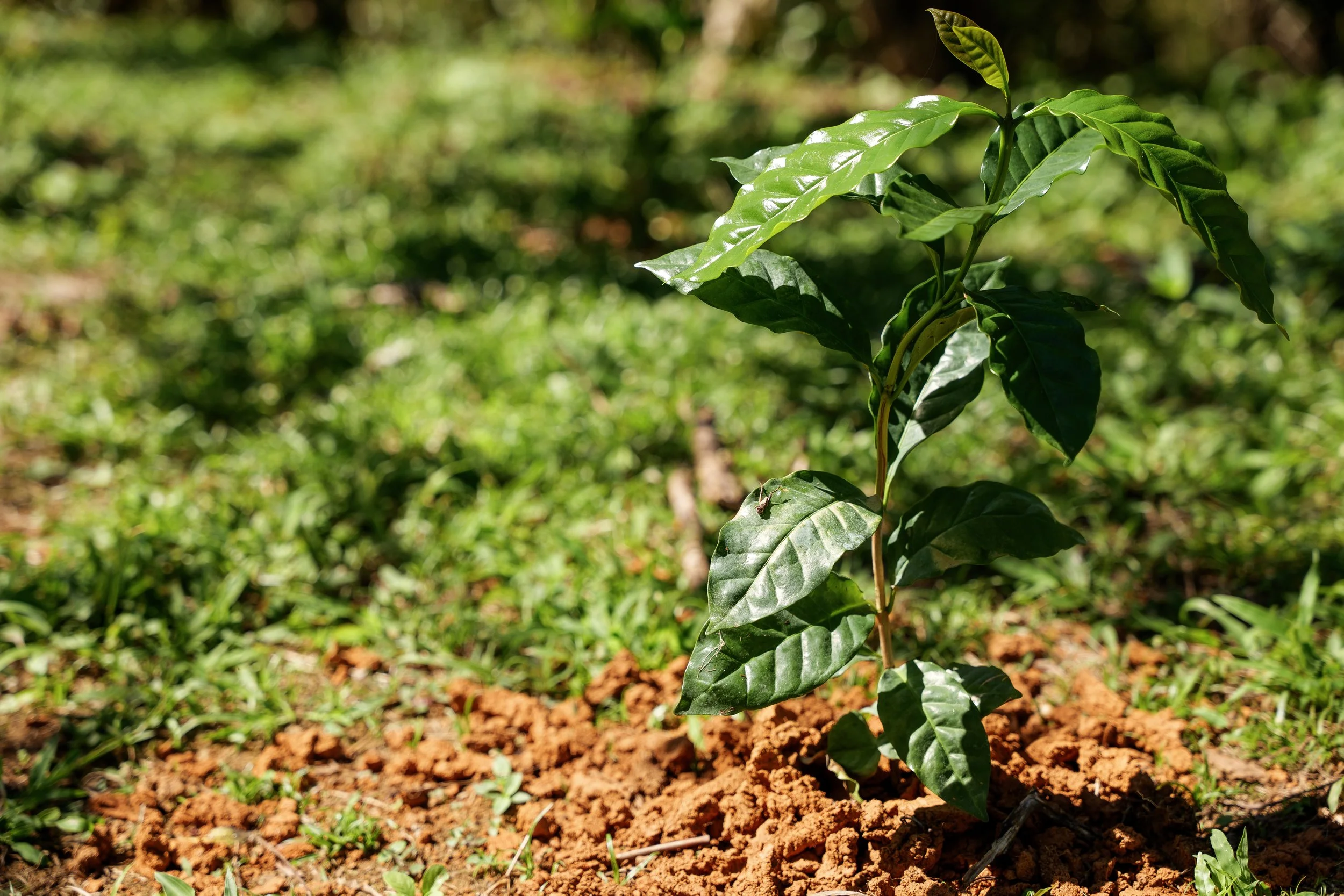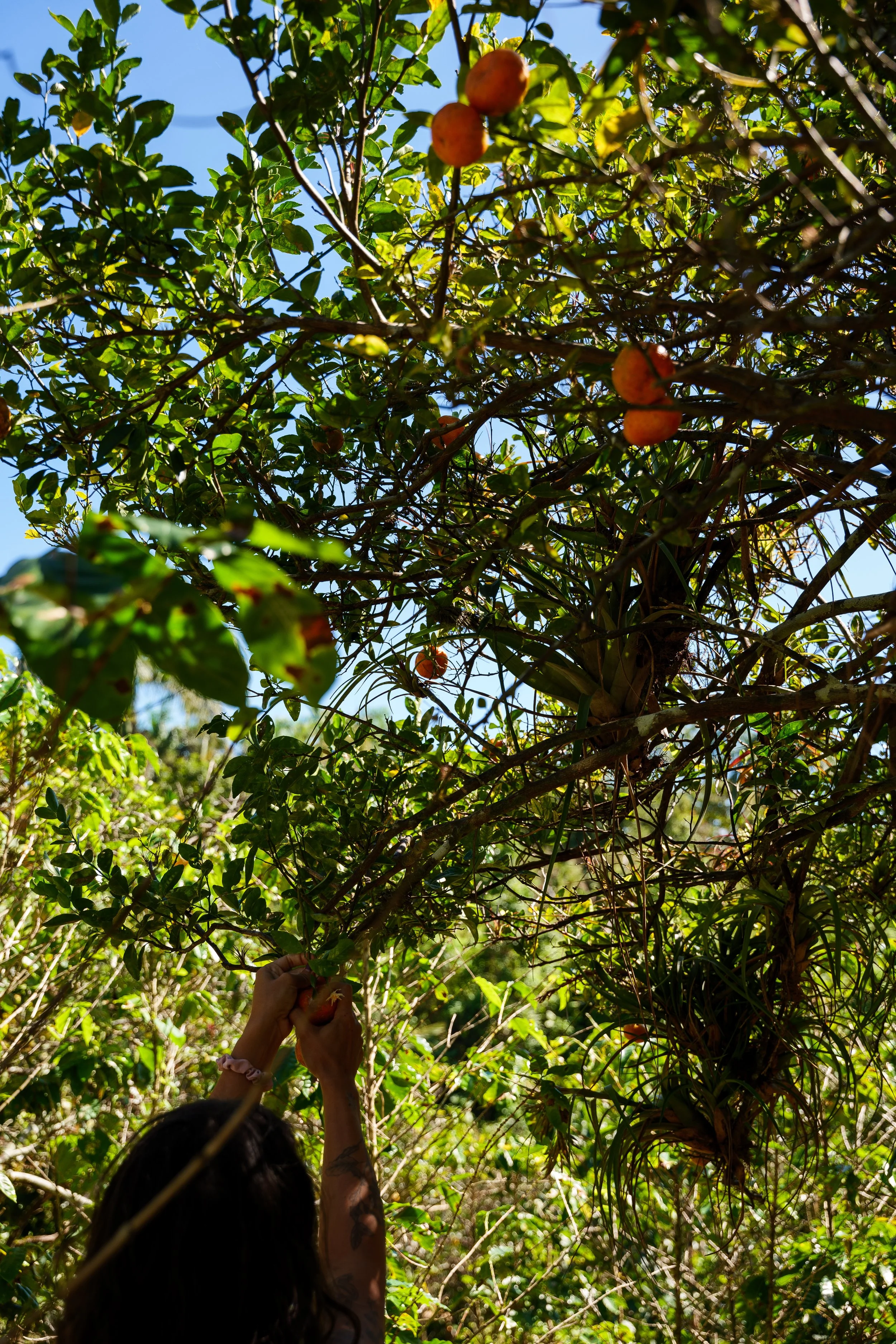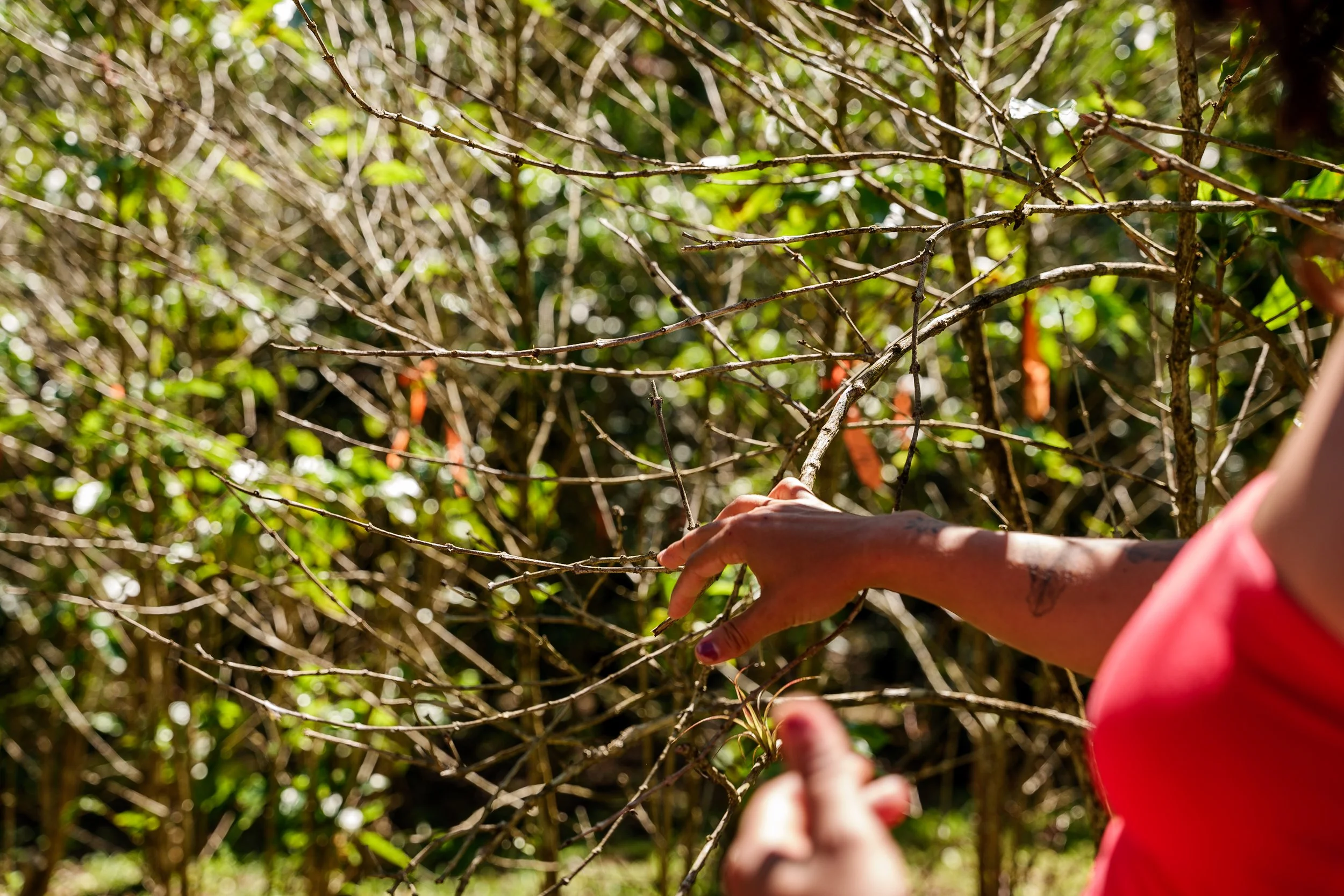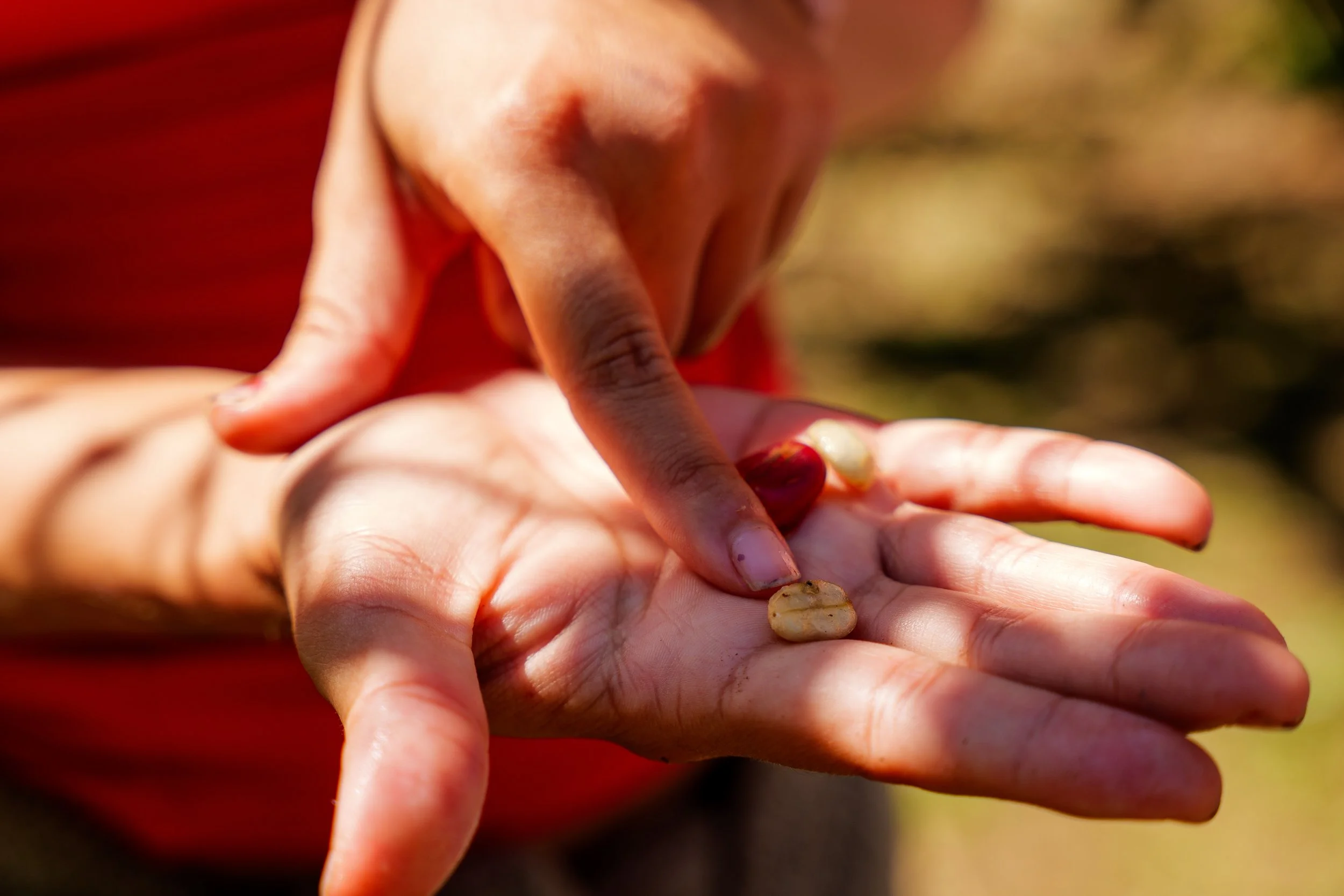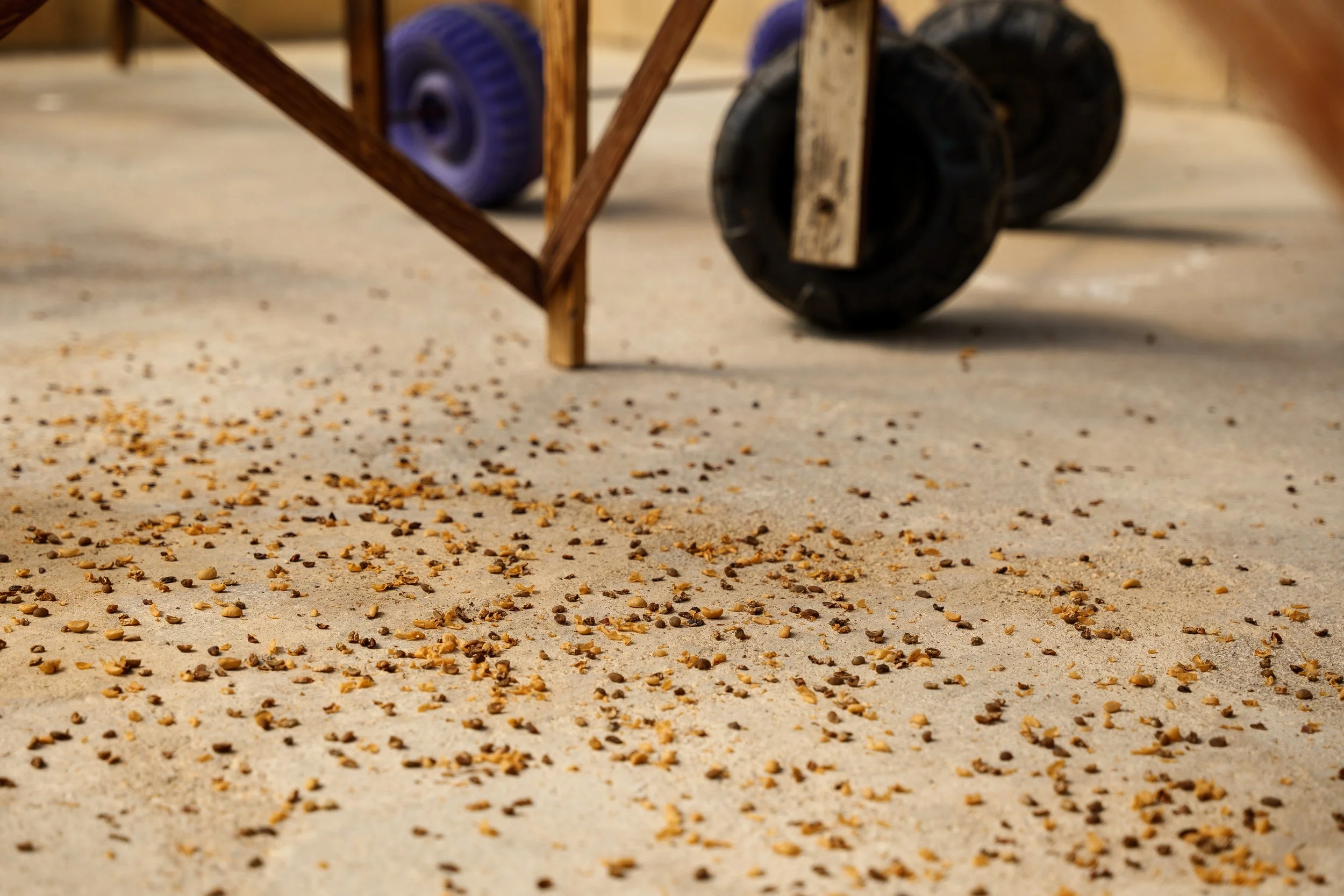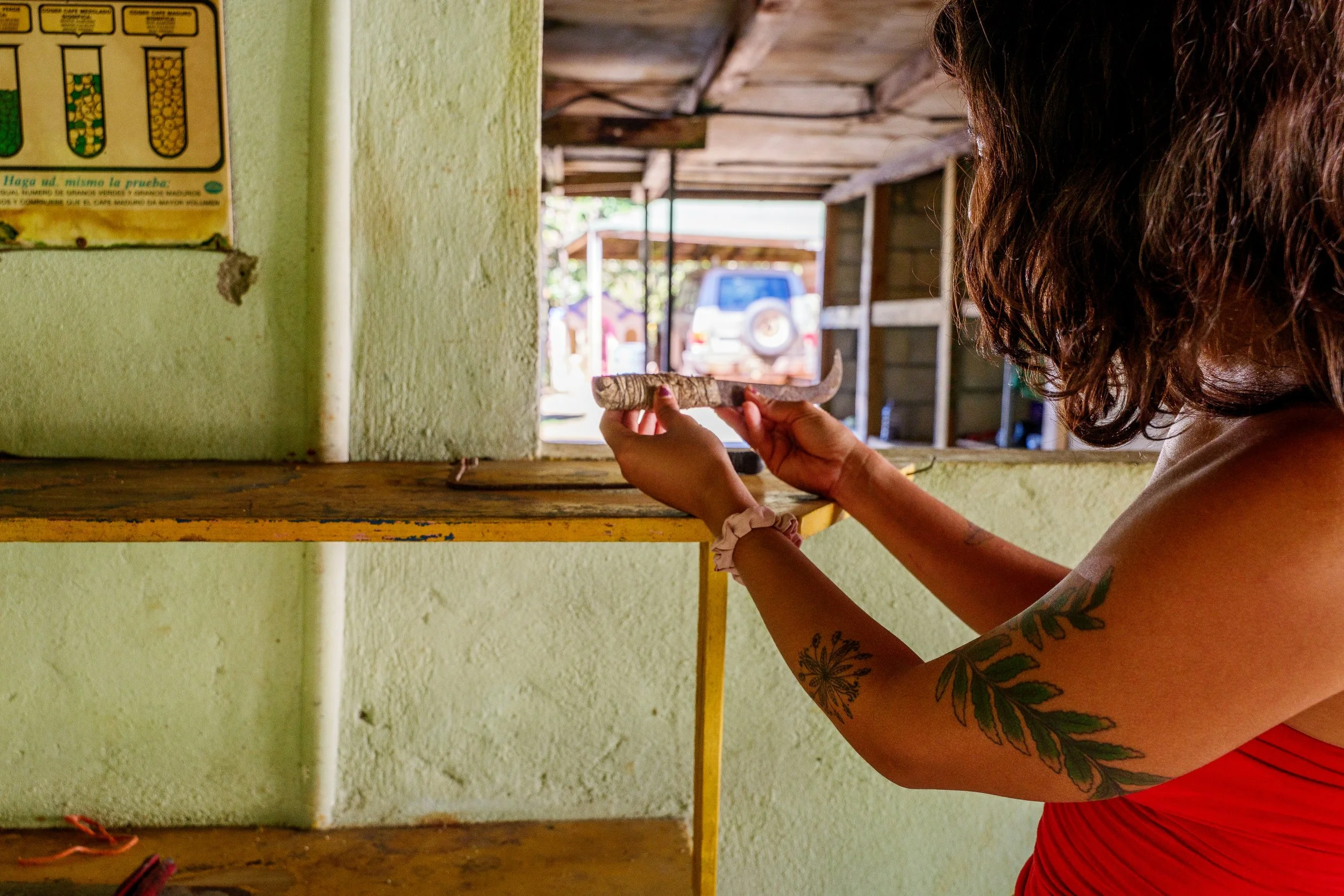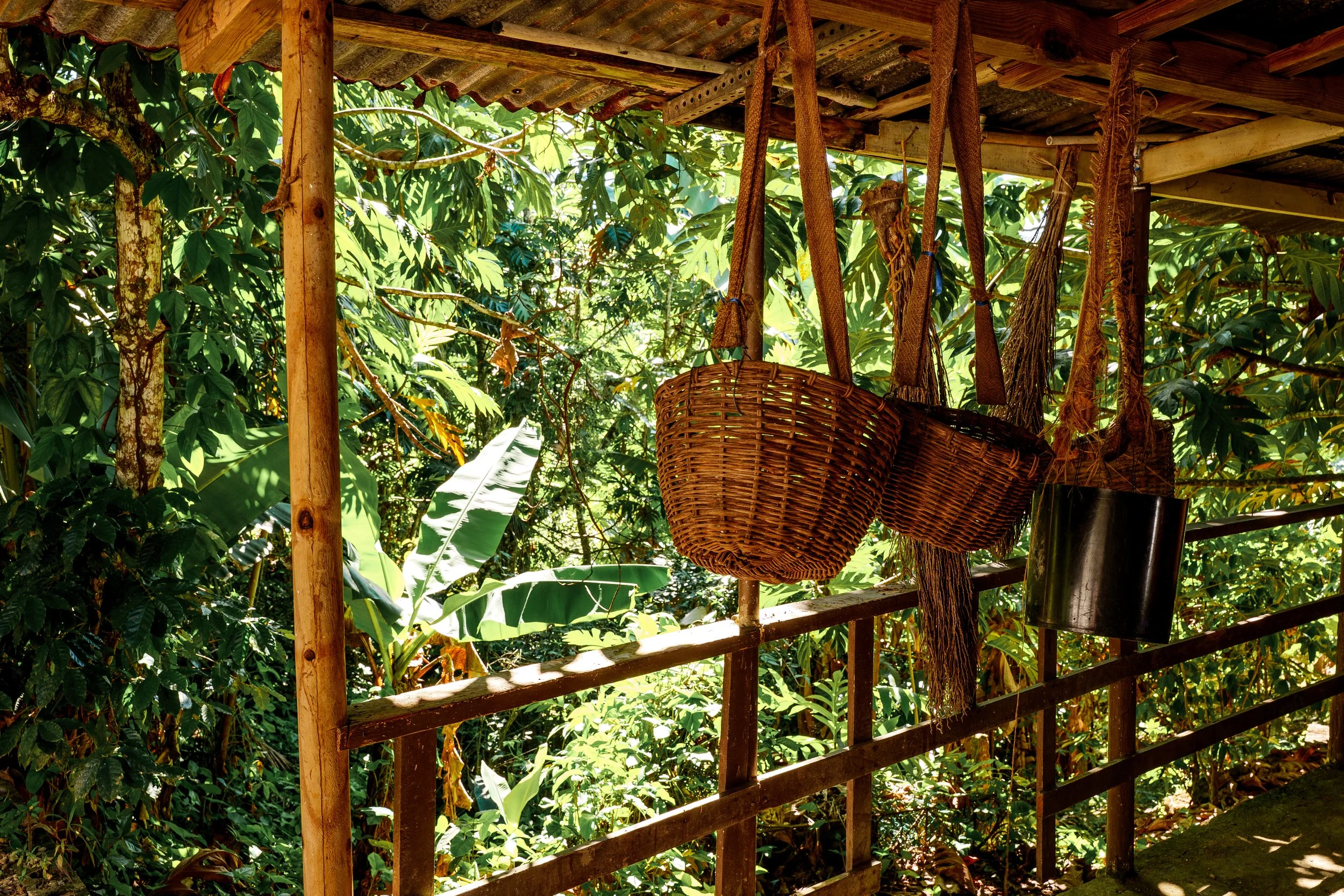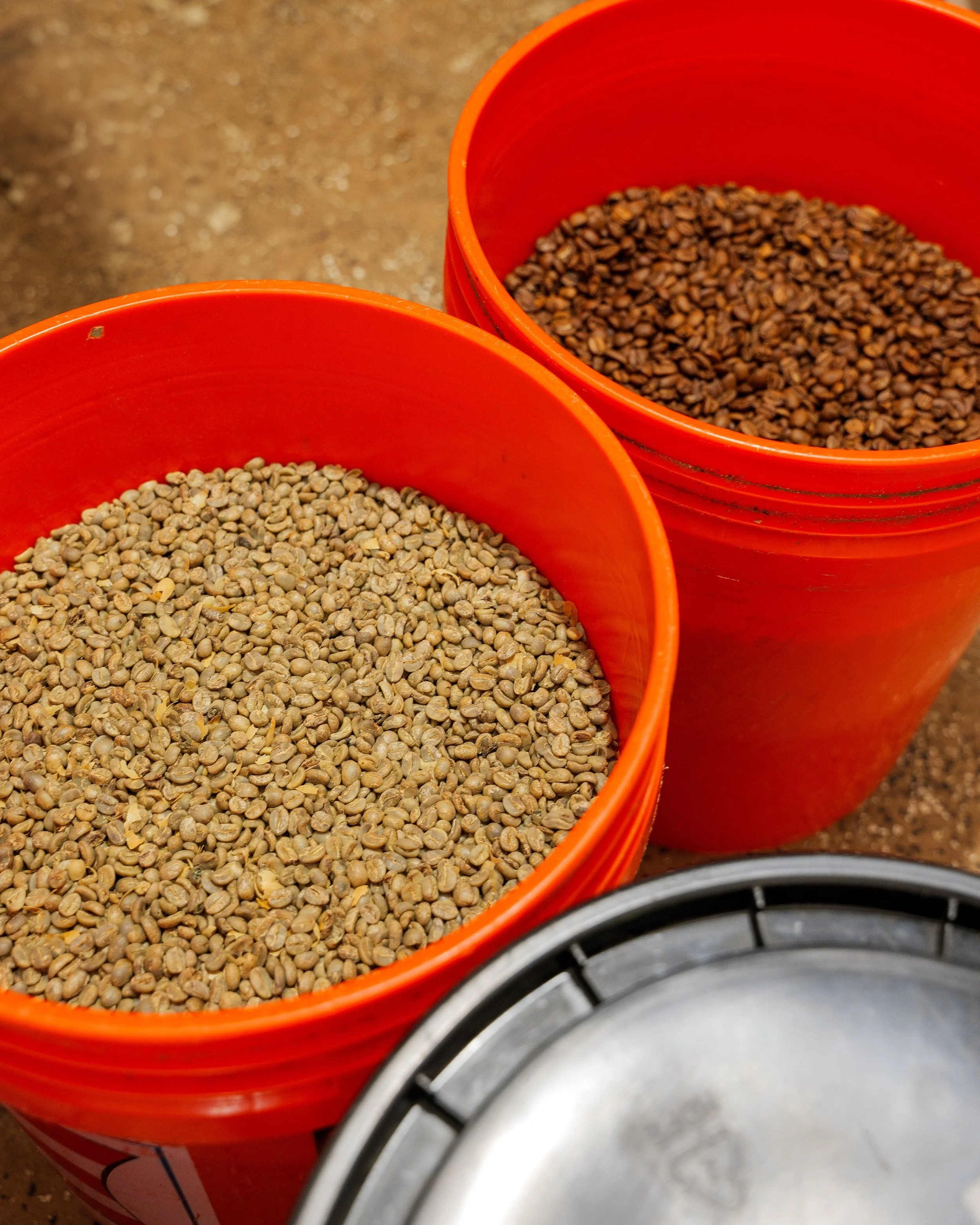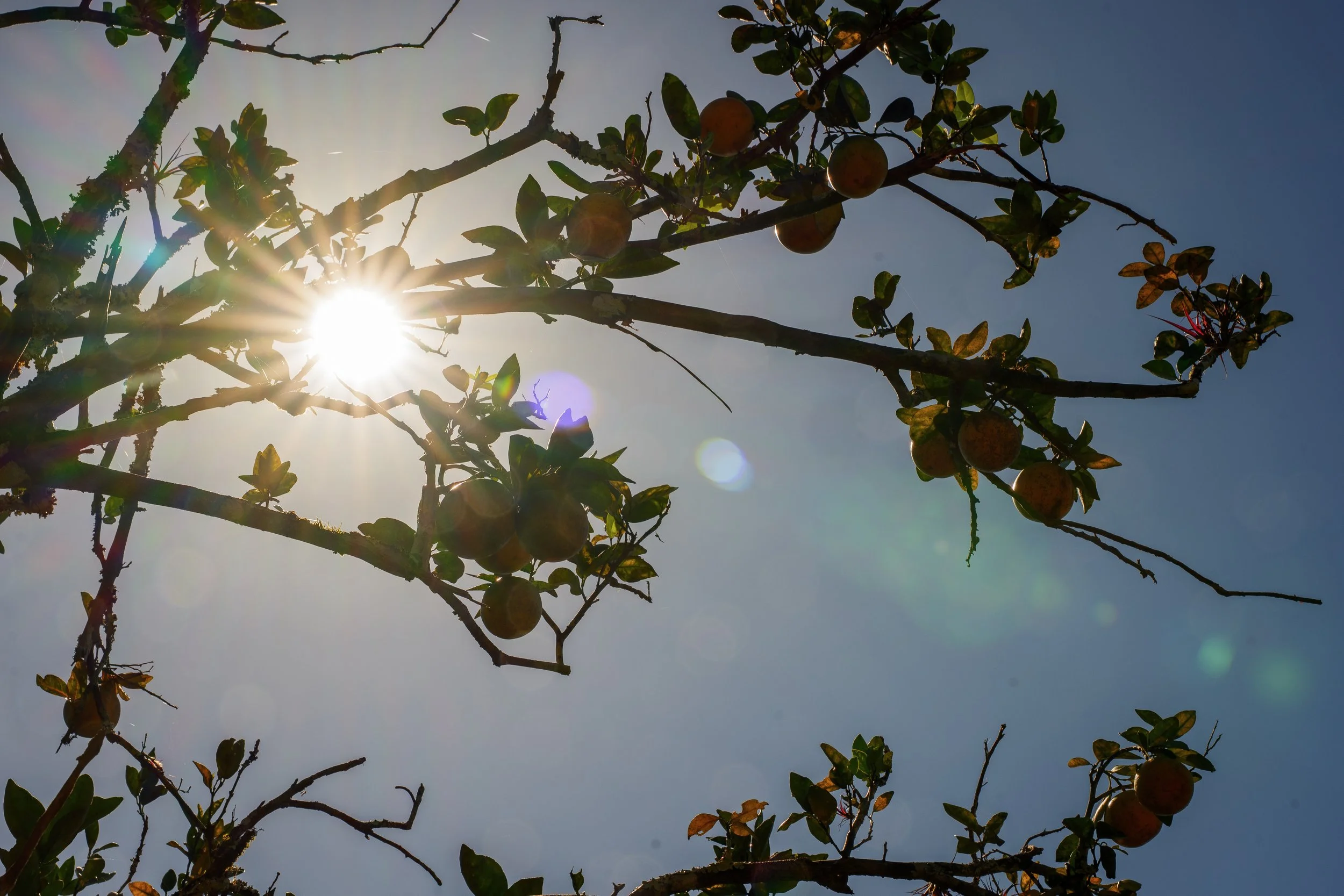The Hidden World of Puerto Rican Coffee
A Journey Through Café Gran Batey
For most of us, coffee exists in that liminal space between necessity and ritual—the familiar warmth of a morning cup, a quick jolt of caffeine on the go, or perhaps a moment of quiet reflection. We rarely pause to consider the journey those beans take before they transform into the complex elixir in our cups. But deep in the mountains of Puerto Rico, I discovered the profound story behind this seemingly simple beverage—a narrative of ecology, resilience, and human connection that forever changed my relationship with coffee.
The Unexpected Detour
"It's just a little further down this road," I assured my girlfriend, as our rental car lurched down yet another unmarked mountain path. The GPS announced our arrival at a nondescript gate with no sign of the coffee farm we had hoped to visit. The disappointing reality settled in: Café Gran Batey appeared closed to visitors.
My girlfriend had suggested this stop knowing my passion for coffee and intimate, authentic experiences. Our research indicated the farm had been purchased by the Instituto para la Investigación y Acción en Agroecología, but conflicting information about tours left us uncertain. Multiple unanswered calls to their listed number had nearly extinguished my carefully concealed excitement.
After winding through the verdant mountains of Utuado, navigating hairpin turns that revealed breathtaking vistas at every bend, reaching a dead end felt particularly deflating. I could no longer hide my disappointment as I shifted the car into reverse.
Then, unexpectedly, my phone rang.
The Gates of the Grove
"Tours aren't scheduled for today," said the voice on the other end, "but since you're already here..." A worker named Warys had reached out to Daniela, who occasionally conducted tours, and against all odds, she agreed to meet us. We navigated to a second gate where she greeted us with a warm smile that instantly dissolved our earlier feelings of disappointment and confusion.
What we expected to be a cursory walk through coffee fields transformed into something far more profound. Daniela, our impromptu guide, became our gateway into a world where coffee wasn't merely a commodity but the central character in an intricate ecological and cultural narrative.
Cultivation as Conservation
As we walked between rows of coffee plants, Daniela revealed how the Institute was working to rehabilitate the land through agroecological principles. This wasn't just about growing coffee; it was about healing an ecosystem.
"These fruit trees aren't just for harvest," she explained, pointing to various trees interspersed among the coffee plants. "They provide crucial shade for the coffee, which naturally grows under the forest canopy. The diverse species also improve soil health and create habitat for birds and beneficial insects."
I watched as she ran her fingers through the brittle, dying trees, snapping pieces off like toothpicks. "We're rebuilding what was lost through years of conventional farming," she said. "Every decision we make is about the long-term health of this land."
The Institute's approach represented a return to traditional methods enhanced by modern ecological understanding—removing damaged or invasive trees to make way for native species, implementing sustainable water management, and fostering biodiversity at every level.
From Cherry to Cup
"Take one," Daniela offered, placing a small red coffee cherry in my palm. I held it, in reverence, and followed her lead as she peeled the fleshy exterior to unearth a light-toned, slimy coffee bean.
As we continued through the farm, Daniela methodically detailed each step of the coffee's transformation—the careful selection of ripe cherries, the precise timing of processing, the meticulous sorting and roasting that brings out each batch's unique characteristics.
She demonstrated the traditional methods of processing alongside newer techniques, explaining how each affected the final flavor. Her hands moved with practiced precision as she described the labor-intensive nature of quality coffee production.
"Each worker can pick about 200 pounds of cherries in a day," she explained, "but from that, we get only about 40 pounds of processed coffee beans." The economics of this reality highlighted why truly sustainable coffee commands higher prices—and why those premiums are essential for the well-being of both the land and those who tend it.
The Human Element
As our tour neared the farmhouse, Daniela began sharing more personal insights. Her transition from San Juan's urban landscape to this remote mountain community represented its own journey of purpose and adaptation.
"The Institute's work isn't just agricultural—it's social," she explained as we settled inside with cups of the farm's coffee in hand. "Integrating with the community of Utuado has been challenging. These farmers have generations of knowledge and established practices. Introducing new methods requires building trust first."
Between sips of exceptionally rich coffee, we shared freshly picked fruit and stories. Daniela spoke of her passions beyond the farm—her upcoming trip to New York to see System of a Down, her environmental activism, her coffee cultivation aspirations, and her vision for Puerto Rico's agricultural future.
This unexpected intimacy—the transformation from tourists to temporary confidants—exemplified what makes travel truly meaningful: those unplanned moments of genuine human connection that transcend the transactional nature of typical tourism.
Fruits of the Land
As afternoon light filtered through the canopy, casting dappled shadows across the farm, we reluctantly prepared to continue our journey. We purchased two bags of coffee—not as souvenirs but as tangible connections to this place and its story.
Saying goodbye to Daniela felt like leaving a friend rather than a tour guide. We captured a photo to remember her by, but the true souvenir was the profound shift in perspective her guidance had provided.
The Instituto para la Investigación y Acción en Agroecología's work at Café Gran Batey represents a vision of agriculture that honors both tradition and innovation—a holistic approach where coffee cultivation becomes a vehicle for environmental restoration, cultural preservation, and community resilience.
As I brew their coffee now, thousands of miles from those Puerto Rican mountains, each cup carries not just the complex flavors of carefully tended beans but the memory of that unexpected afternoon—a reminder that behind every simple pleasure lies an intricate world waiting to be discovered, if only we take the time to look.

